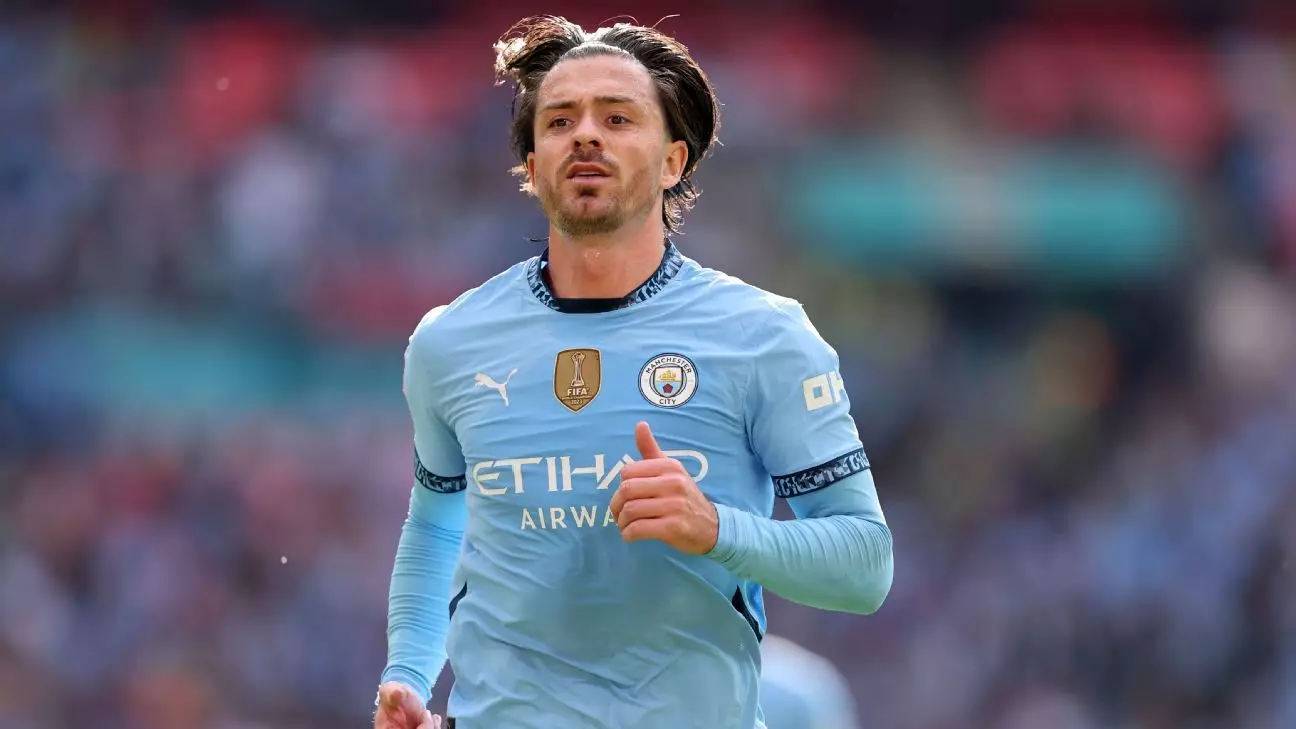Jack Grealish’s recent return to Manchester City’s training ground signals more than just a physical comeback; it highlights the ongoing uncertainty that shadows a player tipped for greatness but currently stranded in a state of professional limbo. Once celebrated for his flair, vision, and ability to turn games on their head, Grealish now faces a harsh reality: his future at the club is anything but secure. His omission from the squad for the FIFA Club World Cup, coupled with limited playing opportunities, exposes a disconnect between his potential and his current usefulness to Guardiola’s tactical plans. Despite his professional effort—following an intense individual training regimen—Grealish’s standing within City’s squad remains fragile. This isn’t simply a footnote in a footballer’s career; it’s a critical junction that forces us to question whether talent alone guarantees sustained success or if other factors, such as management preferences and team strategy, eclipse individual quality.
Negotiating a Future: The Battle Between Loyalty and Opportunity
The whispers from the transfer market suggest that Grealish is reevaluating his options, with clubs like Everton and West Ham rumored to have interest. This scenario underscores a broader truth in modern football: the delicate tension between athlete ambition and club strategy. Manchester City prefer a permanent transfer rather than a loan — a reflection of their desire to optimize squad stability and financial considerations — but they’re also pragmatic enough to entertain short-term solutions as the deadline approaches. Grealish, holding two years on his contract, finds himself at a crossroads: stay and accept a potentially diminished role or seek a new environment that offers regular playing time before the World Cup next summer. His discontent isn’t rooted in misconduct but rather in a perceived undervaluing of his skills, which Guardiola clarifies without coloring the situation negatively.
The Reality of Modern Football: Talent and Opportunity Are Not Always Aligned

Grealish’s scenario underscores an uncomfortable truth about elite football: raw talent isn’t always enough to guarantee a starting spot or long-term stability. A player’s adaptability, tactical fit, and sometimes sheer luck play dominant roles in their career trajectory. The 29-year-old’s limited appearances since January, and especially being benched for crucial matches, reveal the fierce competition within top-tier squads. Yet, what’s most revealing about Grealish’s current predicament is not just his situation but the broader ecosystem of professional sport—where loyalty often clashes with ambition, and where managerial preferences can swiftly alter a player’s career path. The debate isn’t merely about Grealish’s individual situation but encapsulates the relentless pressures players face to continually prove their worth amid evolving team dynamics and high-stakes transfers.

